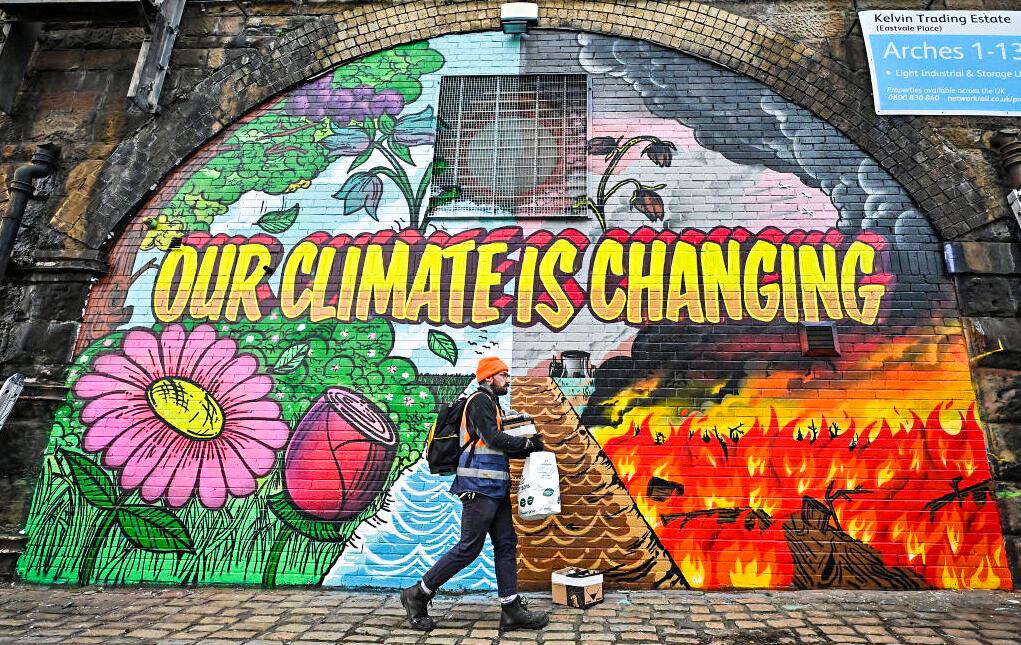Despite French President Emmanuel Macron calling on China’s authoritarian leader Xi Jinping to send a “clear signal” to the world on climate change before the COP26 Scotland summit, China hasn’t submitted a clear emission goal, and Xi didn’t attend the summit.
On Oct. 26, the French Presidential Palace said in a statement that Macron urged Xi to significantly raise China’s goals in his efforts to tackle the climate crisis and make “concrete” progress toward ending China’s dependence on coal.




